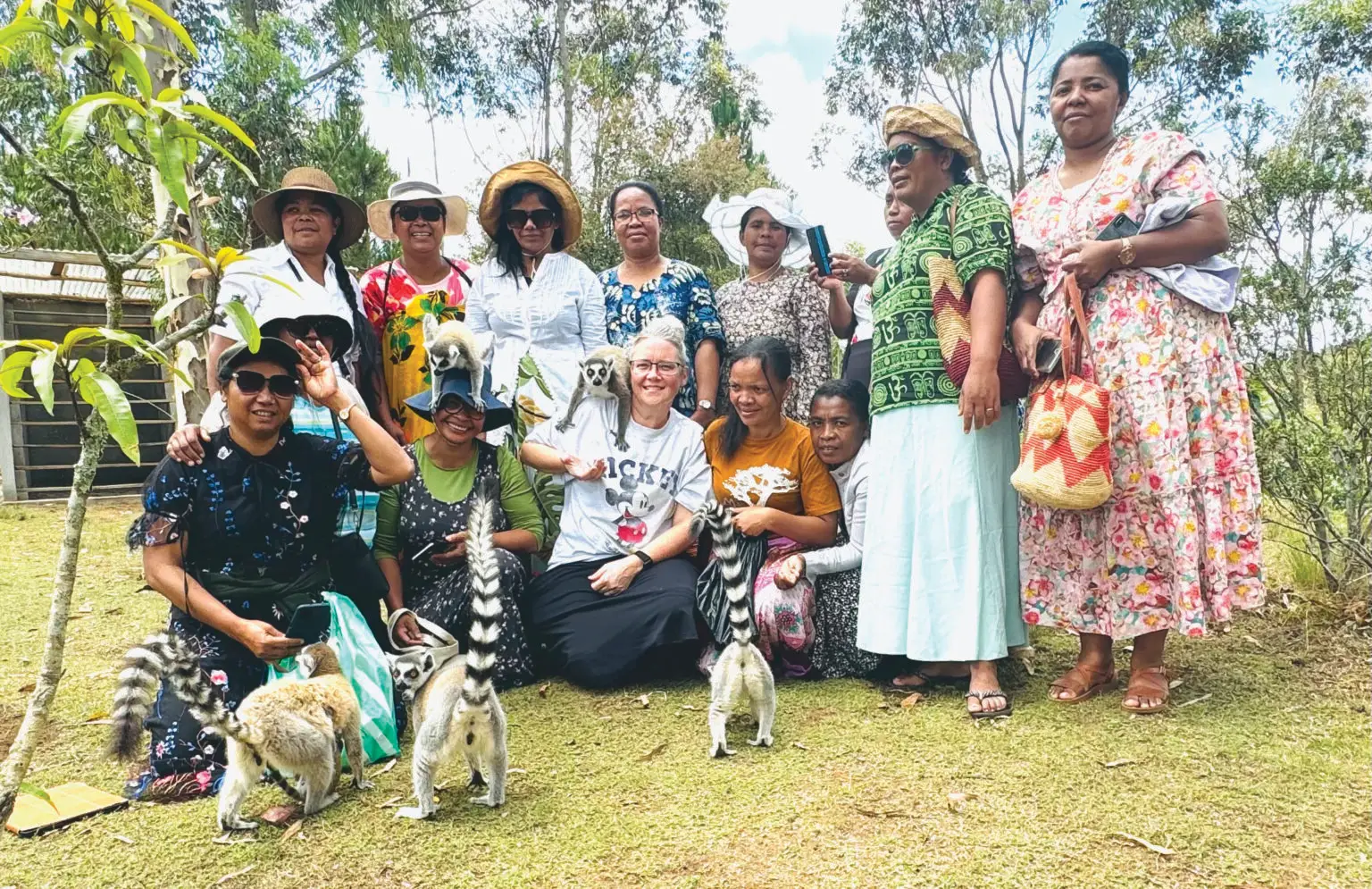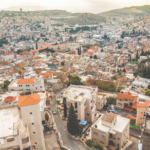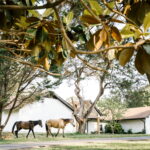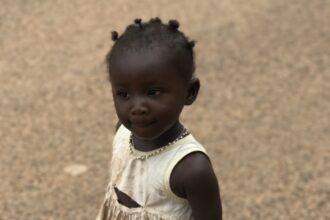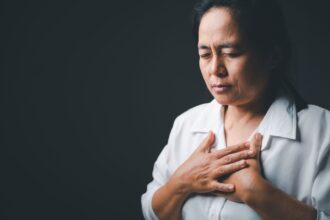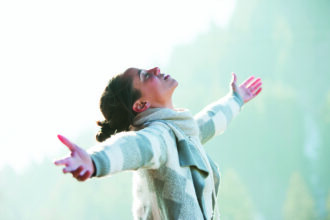My time working in Africa has given me a new perspective on community. In many cultures, community is lived out daily in tangible ways—walking through neighborhoods, buying from local markets, chatting with other parents on the way to school, or washing clothes together by the river. A community is more than a geographical place; it is built on relationships.
Our community consists of the people we interact with daily, whether at home, work, school, or church. Today, we even have a digital community. We are part of a community of believers in our local church, section, district, and the global family of God.
We were designed to live in community. When God created mankind, He saw that it was not good for them to be alone, so He made a family. He created community for humanity, and even when He destroyed the earth in a flood, He preserved community through the family of Noah. We are stronger when we have a community.
As the years have passed and my leadership experience has grown, I have learned the quality of community varies. Today, we often find ourselves surrounded by people yet feel lonely. We have hundreds of friends on social media and multiple chats on our phones, and we know a lot of information about the daily lives of people all over the globe, but we still feel isolated.
In leadership and ministry, the weight of greater responsibilities often leads to increased loneliness. As your responsibilities grow and the number of people under your leadership increases, you may feel lonelier. Recognizing this tendency and learning what you can do in response is essential.
In her book Get Out of Your Head, author Jennie Allen wrote, “Loneliness can make us think that everything is a threat, even if there is no real threat to be found.” When we don’t recognize our feelings of loneliness, we start seeing threats everywhere and may become offended by things that were never meant to offend us. As we retreat further into our isolation, it can seem like everyone else around us is happy, busy, and having fun; meanwhile, we are alone and overlooked.
So, what can we do?
Connect with someone. This is where community is so important. Who are the people in your life that will be there when you need to sit and talk? Who can you connect with over the phone or via text? Do you know someone who will understand if you need to unload some frustrations in a safe place or share a silly meme and laugh together?
We all have different ways of connecting with people. Some people connect through hobbies (sewing, cooking, photography) and others through mutual interests (reading, travel, thrifting). I have found it is healthy to have several different circles of friends, some based on ministry and others based on life interests.
When my children were young, I had a group of friends in similar parenting stages. We supported each other through the different phases of raising our kids. (The beautiful thing is, we are still friends in the empty nest years.)
In ministry, you will likely find yourself with a group of friends in similar roles. This group of friends will understand the challenges and frustrations of ministry. Having people in different stages of life and ministry in your circle is good. You will learn from them.
Whether you are an introvert or extrovert, you need community. The size of the community needed to feel happy and healthy will vary by personality type, but we all need people who make us feel safe and valued. Cultivate a community of people with whom you can be real but who inspire you to grow. Investing in relationships requires effort, and having a couple of good close friends is better than many casual friends.
During the pandemic years, when my husband and I were “stuck” in Madagascar for eighteen months while the international airport was closed, I experienced loneliness like never before. As days turned into weeks, then months, it seemed like the exile would never end. But looking back, I realize I experienced God in ways I never had before. Just as God sent ravens to care for the prophet Elijah while he sat alone by the brook, I found that God cared for me in remarkable ways in my moments of loneliness. Little things brought a smile, made me feel seen, and reminded me of my worth.
As Hagar sat alone by a spring of water in the wilderness, devastated by what had been done to her, God sent a word of encouragement. Her response has brought me great comfort many times, “You are a God who sees me” (Genesis 16:13, NASB). No matter where we are, we can be assured that He sees us. We are never alone! We have a God who sees us and a community to connect with. Take a moment and send a text or make a call to your community. We are stronger together.
PAULA RICHARDSON has traveled the world and experienced many cultures as an MK and missionary. She and her husband, Chris, have served in Madagascar for thirty years, raising two children, Richae and Jared, who also serve in ministry.


